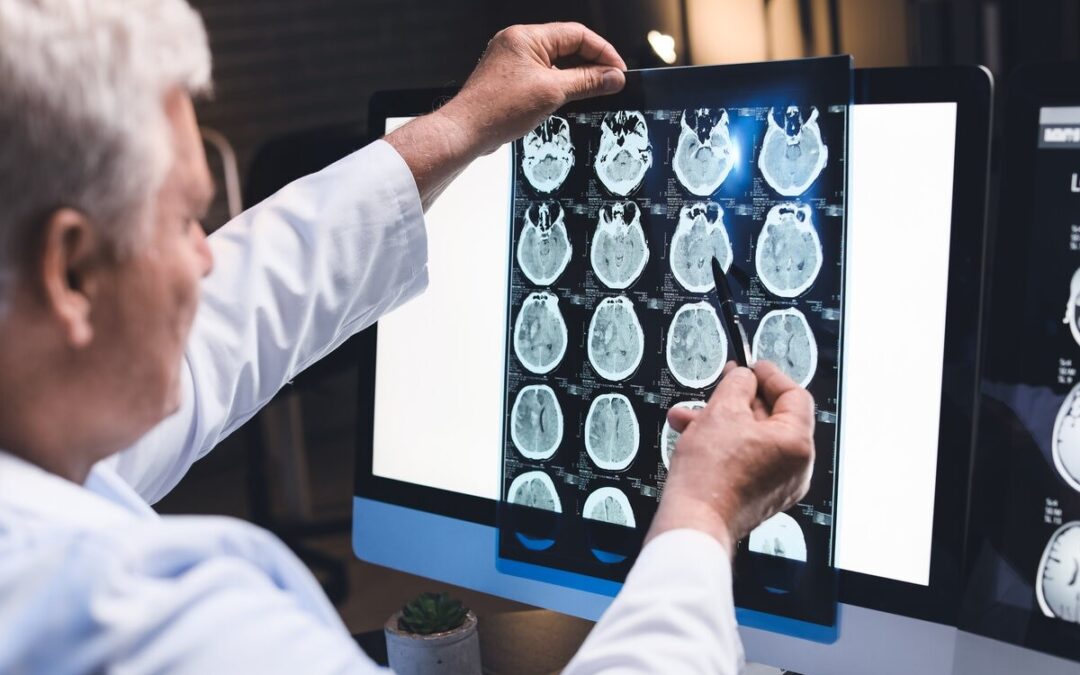If you suspect you have experienced a brain injury, you should seek medical treatment as soon as possible. Traumatic brain injuries can become worse when they are left untreated. It is crucial to have a medical professional diagnose you for brain injury so that you can be treated effectively. Receiving a traumatic brain injury diagnosis will help you prove the extent of your injuries in an insurance claim or a personal injury lawsuit. There are several steps that doctors take to diagnose a traumatic brain injury.
The Glasgow Coma Scale (GCS)
Doctors use the GCS scale to determine how well a patient’s brain is functioning. This scale measures a patient’s ability to speak normally, in a way that does not make sense, or not at all. It also measures a patient’s ability to open his or her eyes voluntarily or when asked. This test also measures whether a patient can move voluntarily or in response to painful stimulation.
When a person scores between a 9 and 12, they have a moderate traumatic brain injury. When they score 13 or higher, they have a mild traumatic brain injury. When they score an 8t or below, they have a severe traumatic brain injury. Keep in mind that there is no correlation between a patient’s initial GCS score and his or her long-term or short-term memory abilities.
Speech and Language Tests
Speech-language pathologists often complete a formal evaluation of a patient’s language and speech skills. They will test a patient’s oral motor strength and retention of reading, writing, grammar, and vocabulary tests. When patients have difficulty swallowing, they will make treatment recommendations.
Neuropsychological and Cognition Tests
Cognition describes the process of problem solving, reasoning, and thinking. Many patients with traumatic brain injuries have difficulties related to their cognition. When patients have severe traumatic brain injuries, they may lose most of their cognitive abilities and become dependent on full-time care services. Conducting cognitive diagnostic tests help the patient’s treatment team know how to go forward with rehabilitation.
Similarly, neuropsychological tests evaluate a patient’s human brain-behavior relationships, including deciding whether their basic sensory-motor processes are in-tact. Doctors will also review the patient’s habits, school performance, and lifestyle to determine what aspects of the patient’s life have changed since his or her traumatic brain injury. Doctors also rely on imaging tests of the patient’s brains to identify any damaged areas or active brain bleeds that could lead to severe injuries or even death.
Contact an Experienced Personal Injury Lawyer Today
If you or your loved one have experienced a traumatic brain injury, you may be entitled to compensation under Kansas and Missouri law. The most important thing you can do after seeking medical treatment is to speak to an experienced personal injury lawyer. Contact Griggs Injury Law today to schedule your initial consultation.


